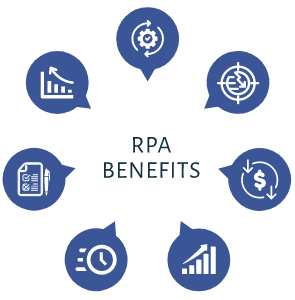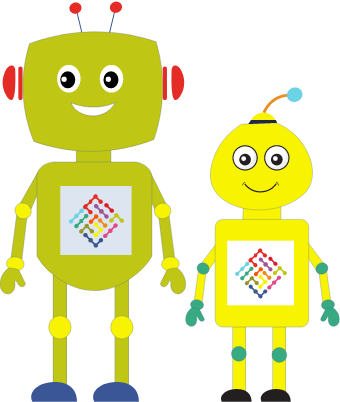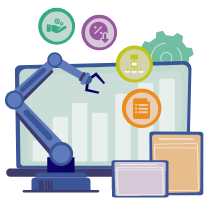Talosnation
|
Overall, RPA can help businesses save time and money, improve accuracy, and increase efficiency. As the technology continues to evolve, it is likely that more businesses will adopt RPA to streamline their operations and gain a competitive advantage. |




